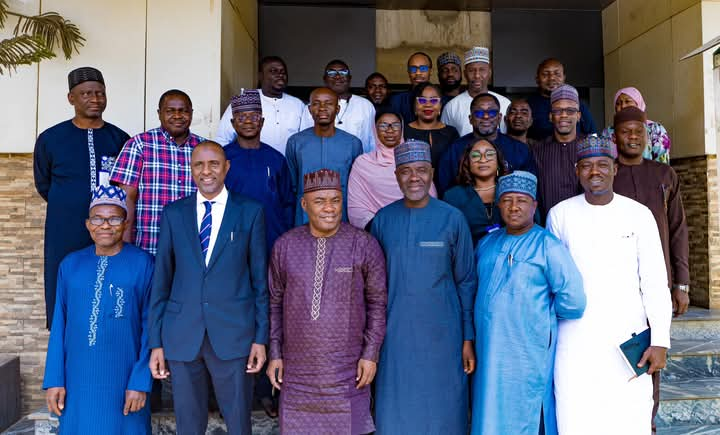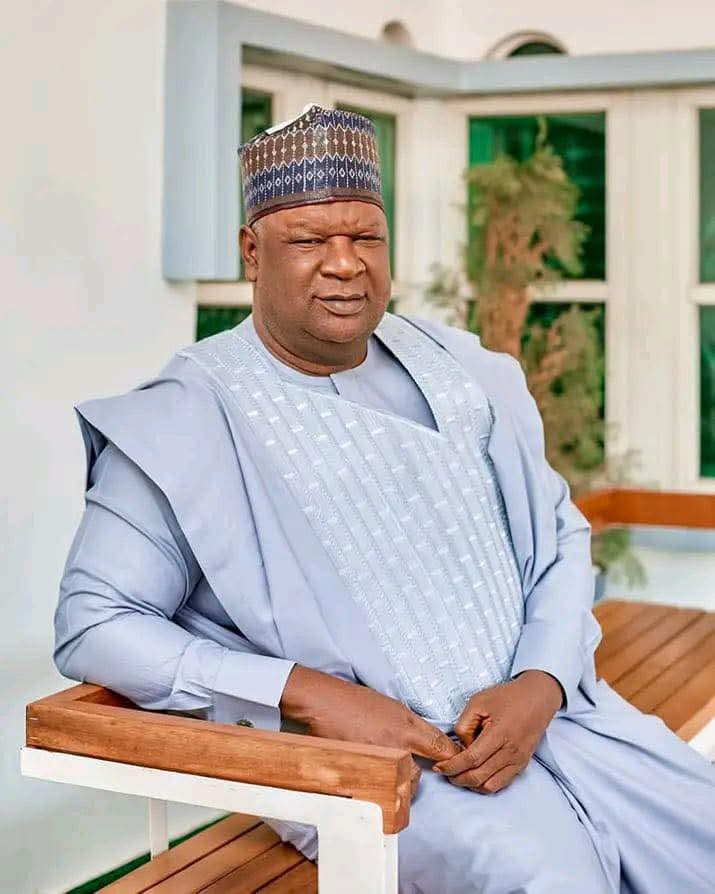The Federal Government has inaugurated a Joint Standing Committee on the Protection of Fiber Optic Cables to tackle the recurring issue of fiber cuts and damages caused by road construction and rehabilitation activities across Nigeria.
The initiative, spearheaded by the Federal Ministry of Works (FMoW) and the Federal Ministry of Communications and Digital Economy (FMoCIDE), aimed to minimize disruptions to telecommunications services and enhance coordination between relevant stakeholders.
The committee was inaugurated on Tuesday, February 18, at the Boardroom of the Federal Ministry of Works by the Permanent Secretary, Engr. Olufunso Adebiyi, and his counterpart from FMoCIDE, Engr. Farouk Yusuf. The event was also attended by the Executive Vice Chairman/Chief Executive Officer of the Nigerian Communications Commission (NCC), Dr. Aminu Maida.
Comprising key officials from both ministries and the NCC, the committee is tasked with establishing effective communication channels and preventive measures to safeguard fiber optic infrastructure.
During the inauguration, Engr. Adebiyi emphasized the need for better coordination between construction firms and telecom operators to prevent damage to fiber cables during road works. He directed the committee to develop mechanisms for real-time communication and ensure that fiber cable placement is integrated into road planning and design.
“This committee will serve as a coordinating body for all matters related to fiber optic protection before, during, and after road construction. It will meet regularly to discuss challenges, propose industry-wide solutions, and share performance reports,” Adebiyi stated.
Engr. Farouk Yusuf highlighted the economic significance of fiber optic networks, describing them as the backbone of Nigeria’s digital economy. He stressed that reliable broadband connectivity is crucial for national development and innovation.
NCC EVC,Dr. Aminu Maida further underscored the impact of fiber cuts, revealed that over 50,000 incidents were recorded in 2024, with about 30,000 linked to road construction. He referenced the February 2024 nationwide MTN outage as an example of the severe consequences of fiber damage.
“This initiative is not just for the telecom industry but for all Nigerians. Frequent fiber cuts lead to service disruptions, costly repairs, and delayed network expansion. By preventing these damages, operators can focus on improving broadband coverage and service quality,” Maida said.
The committee will collaborate with Federal Controllers of Works across the country to ensure the protection of fiber infrastructure during project planning and execution. It will also liaise with telecom operators to align on strategies for safeguarding critical communication networks.
With this new initiative, the government hope to significantly reduce service disruptions, improve internet connectivity, and foster a more efficient digital economy.





